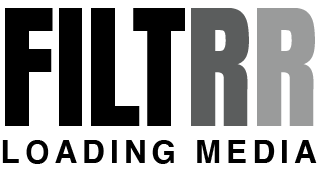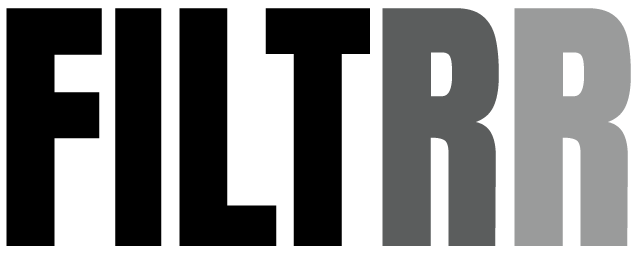About
In this world of almost limitless access to news and social media, many of us obtain our news from within an information ‘bubble’ that feeds us stories that are solely in line with our own political and ideological biases. Algorithms (and often our social media networks) deftly filter out stories from other sources, effectively narrowing our ability to see other points of view, while amplifying our own. Filtrr.net is a website that aims to respectfully burst our bias ‘bubbles.’
Filtrr.net is an aggregator website that sorts articles from news organizations according to their perceived political biases. Our goal is to be a one-stop shop where the visitor is able to read articles on a selected topic from across the political spectrum.
As you use the site, you will be able to read and see how different outlets cover the same story. Our aim is not to judge, criticize, or promote any viewpoint or media organization. We hope that this will be a simple and useful tool that allows you to see what people outside your own political orientation are reading, to foster an understanding of other perspectives, to build bridges between opposing viewpoints, and to encourage positive dialogue.
Media Bias Ratings
Filtrr.net uses data from the American-based source Media Bias/Fact Check to categorize the various media organizations. Please visit their site to view how they determine media bias. We have not found any equivalent data from Canadian sources. Our long-term goal is to develop our own research which would more closely reflect a Canadian perspective for our bias ratings.
Determining which category a media organization belongs to is, at best, an inexact science. Our own cultural and ideological biases affect our political biases. In fact, finding a definitive meaning for the right, the centre, or the left that we all agree on can be problematic. What you consider to be centre-right we may think is centre-left. However, many people believe that all media organizations fall somewhere within the spectrum between left and right.
With this in mind, we realize you may not agree where certain media organizations are placed on the political spectrum, but we believe that Filtrr.net is still a convenient tool to compare how they report the news, and to expand our bubbles.
Who we are
Ryszard Hunka
Ryszard is a filmmaker who has written and directed numerous science, environmental, and social issue documentaries for Canadian and American network television. Prior to this he was a television producer and journalist for the Canadian Broadcasting Corporation (CBC) producing for their national news program, for an investigative journalism series, and for other current affairs shows. He began his career as a cameraperson and editor.
We all know it is too easy to remain within our information bubble, an echo chamber that serves to confirm our own biases. Ryszard hopes that Filtrr.net will be a simple tool for everyone to read news from media organizations that align with their own political perspectives, while at the same time they are able to see what “the other side” is saying. The intent is not to promote or denigrate, but to engage with other points of view, in the naïve belief that this could help to achieve civil dialogue and understanding between people with opposing political positions.
Brian Rougeau
For the past number of years, Brian has devoted much of his time to building custom-designed websites for organizations and individuals in the arts and social sectors. Prior to this shift in his career, he worked as a TV series writer/director and as a cameraperson for several French-language television programs —a career that spanned over two decades.
As many will attest, there has been a gradual but strengthening political polarization among people in recent years, particularly in how we interpret the news. We only have to look in the comments of our social media feeds to see how people sometimes face off on the day’s headlines.
Brian believes that Filtrr’s method of placing news media side by side, sorted into their organization’s perceived political bias, will provide added context to the news we consume on a daily basis. Having this opportunity to compare and contrast news coverage on a selected topic will hopefully result in a better understanding of each other’s interpretation of it.



